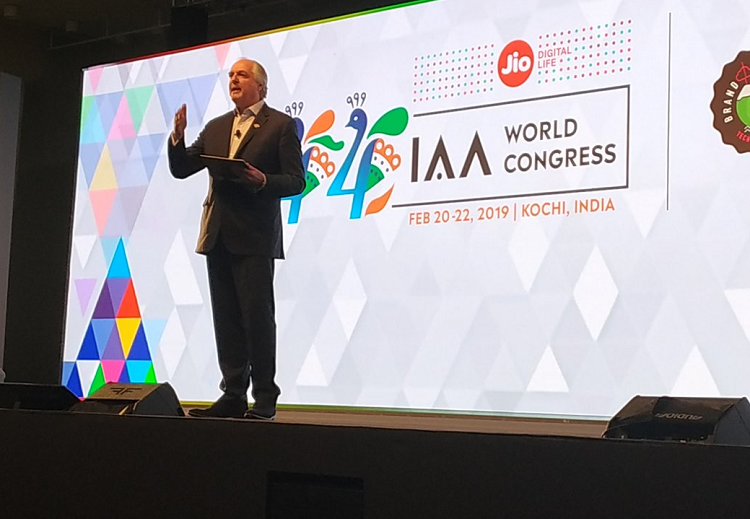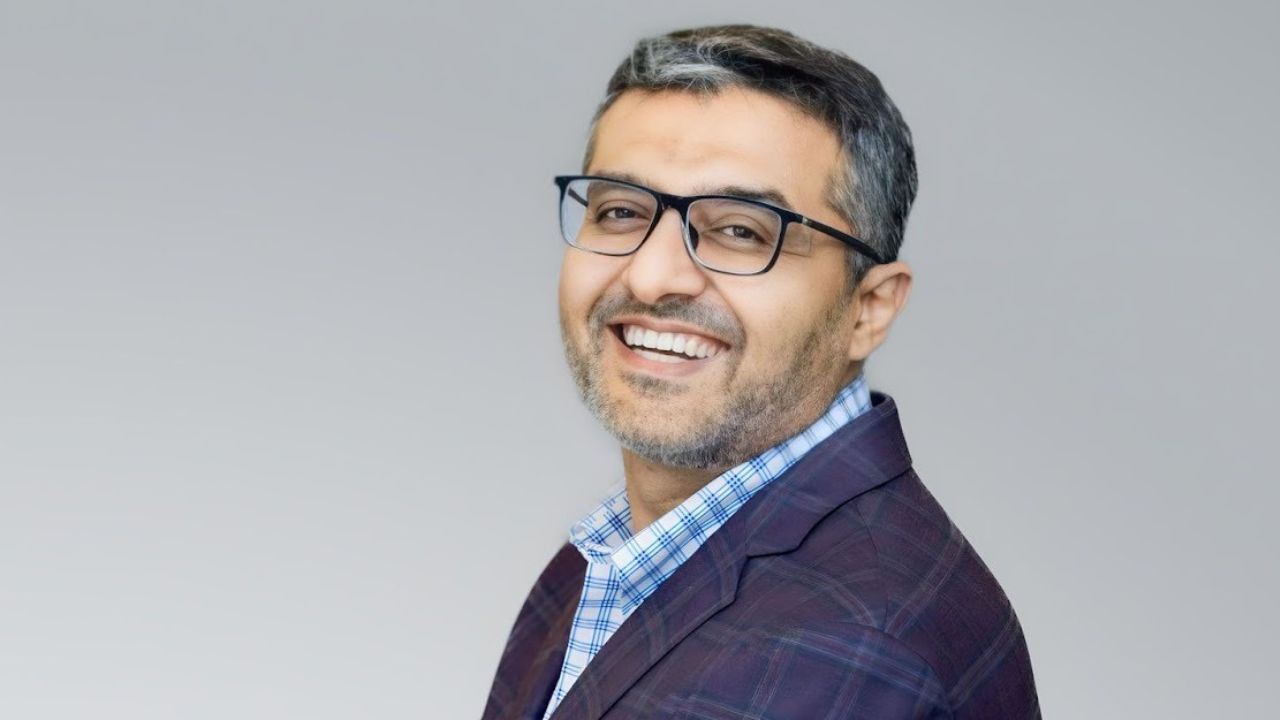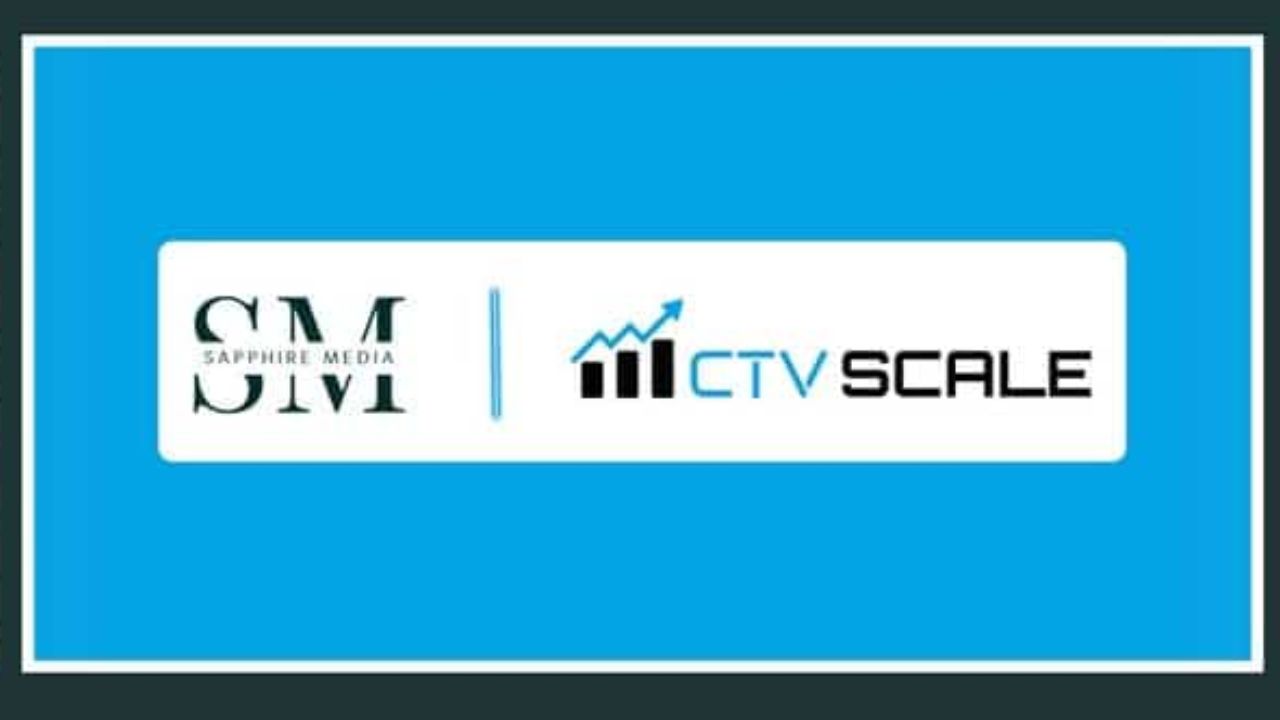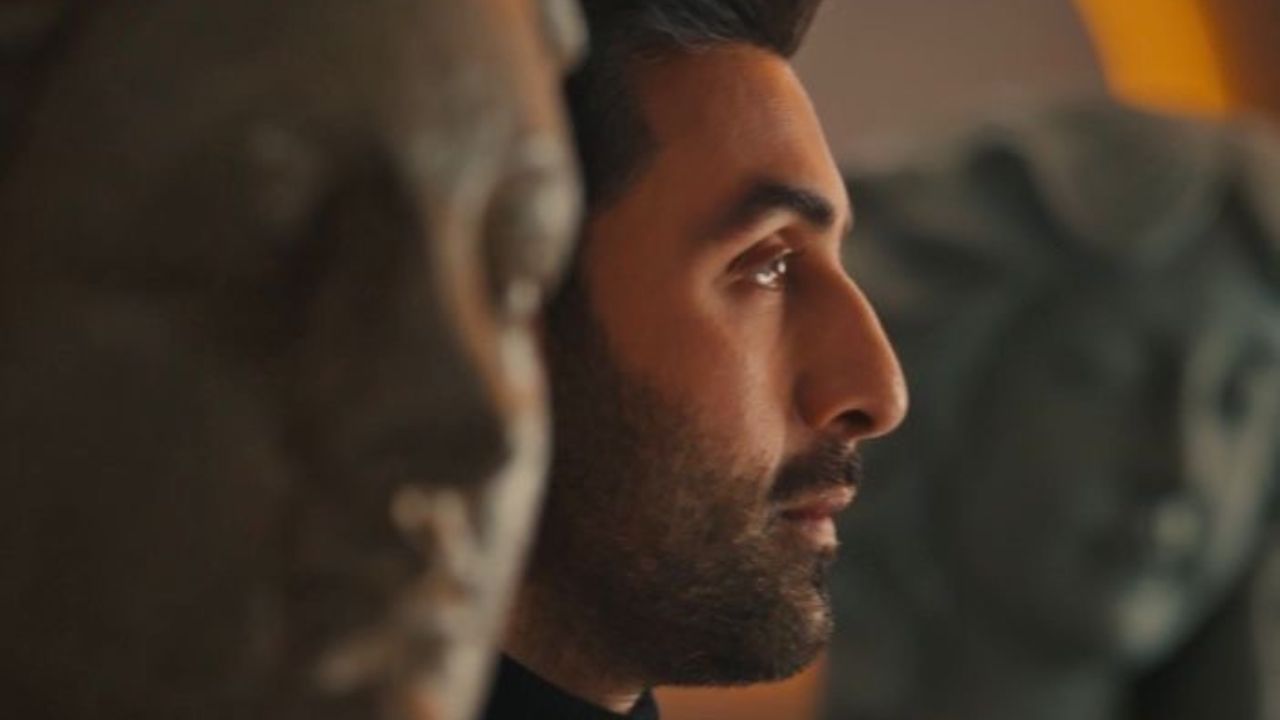Former Unilever CEO Paul Polman, president of the ICC, chairman of the B-Team and vice-chair of the UN Global Compact began his morning address at the IAA World Congress in Kochi by picking the baton from where spiritual leader Sri Sri Ravi Shankar and Bollywood legend Amitabh Bachchan had left from, the day before and elaborated on his take on Brand Dharma.
Taking on from the spiritual leader's message of freeing society from the shackles of social media, Polman said that there were reports of people who were driven to suicide if they did not get enough 'likes' on social media. "In the UK there is a minister of loneliness. People have lost touch with humanity. Do people care? Care takes courage," he said in an address that urged people to move their businesses to a higher purpose.
Another connection was about Bachchan's message about countries closing their borders to trade, which Polman said was a problem that was common across the world.
"Not lead business just by brain but by the heart. Put interest of others ahead of our own," he said adding quotes from world leaders like the Dalai Lama and Mahatma Gandhi or taking inspiration from classics like the Charles Dicken's 'A tale of two cities'.
He urged the privileged marketing and communication experts who belong to 2 percent of the world's population to put "yourself in the service of the remaining 98 per cent".
He started off by highlighting the case why brands needed to go beyond the hard-sell. 69 percent of consumers don't trust advertising anymore. Population who are over 35 years old, find ads an intrusion. "Brand Dharma more appropriate as we face challenge of making a better world," he said.
According to him, Brand Dharma was about inclusive and sustainable growth. "The statistics require us to do things differently," he said quoting Charles Dickens that while it was the spring of hope, it was also the winter of despair.
"The number of people who have been lifted out of poverty significantly more than ever in human history. Best time to be born," he said. At the same time there were worrying statistics about the growing inequality. Last year, while the richest grew their wealth by USD 700 bn (USD 2.5 billion a day), the net wealth of the poorest of the poor declined by 11 per cent.
While there was enormous growth and wealth creation, the system used to bring in that number is not sustainable, he said adding that the usage of resources was 1.5 to 2 times higher than what can be replenished by mother nature. We are destroying living species 1000 times faster than ever before.
"What gives us the right to do this? We are committing one of the gravest inter-generational crimes than ever before," he said.
Speaking further about growing income inequality he said, business cannot succeed in a society that fails. "The reason why trust is so low is because we are missing the plot," he said adding that in India 70 percent of the population lives on less than two dollars a day, while one percent of population has 73 percent of the wealth.
"Put children above personal greed. Be responsible in the way we behave. Purpose of life is to give purpose to other lives. Brands and companies should be part of the solution," he said.
Talking about his pet theme of VUCA and moving CSR to RSC (responsible social corporations) he said that it was not easy to be CEO these days. "We are carbon junkies. Companies that decarbonise their value chain are better performers," he said.
He said the average tenure of publicly listed companies has come down from 67 years to 17 years because boards are not running companies on what society is expecting.
"Brands that don't have a point of view on societal purpose will lose out in the long term," he said and added that all of our brands should be a force for good. "It's a good business plan."
"People who work for you and your consumers, expect companies to speak up for them. If we don't do advocacy, we will not have credibility any more," he said.





